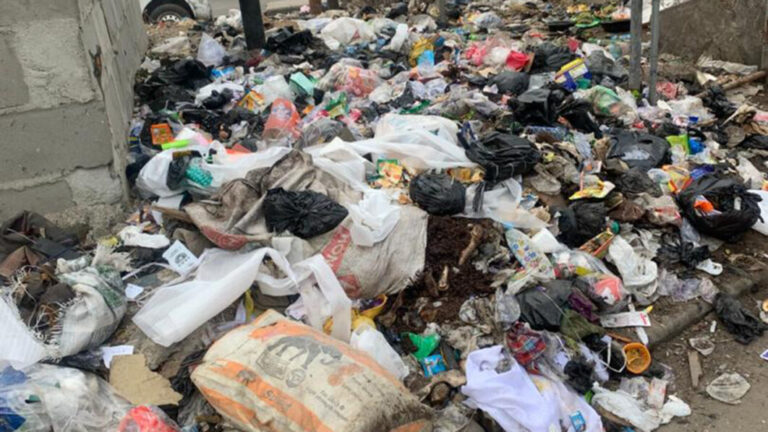Nigeria is racing against time. Inflation is climbing, supply chains are stalling, insecurity and climate shocks are worsening, and an overreliance on imports keeps the country at the mercy of global trade disruptions. From COVID-19’s aftershocks to tariff wars and the threat of future pandemics, the cracks in Nigeria’s economic foundation are glaring.
But within this chaos lies a paradoxical opportunity: waste.
Every year, Nigeria produces over 32 million tonnes of solid waste, yet only a fraction is recycled. The rest ends up clogging drains, polluting ecosystems, or fueling health hazards in overcrowded dumpsites. Ironically, the very people who salvage half of the recyclables—informal waste pickers—remain invisible in policy discussions and excluded from formal value chains.
What if the solution to Nigeria’s economic fragility is not found in imports or international bailouts, but in the overlooked potential of its waste crisis?
The Untapped Goldmine in Nigeria’s Informal Sector
Nigeria’s economy is bursting with energy: 75% of the workforce is self-employed, dominated by micro and small businesses. Yet most operate informally, underfunded, and without pathways to scale. By connecting this entrepreneurial firepower with the country’s waste challenges, Nigeria could spark a circular economy that reduces import dependency, creates jobs, and strengthens resilience.
Globally, countries like Brazil, India, and Colombia have already shown what’s possible by integrating waste pickers into organised systems—providing training, profit-sharing, and legitimacy. Nigeria can build on these models but tailor them to its unique socio-economic terrain.
From Dumpsites to Decentralised Hubs
The proposed framework envisions community-driven circular economy hubs spread across regions. Each hub would serve as a local ecosystem—combining waste collection points, small-scale recycling facilities, training centres for innovation, and digital platforms linking SMEs to markets.
Instead of one-size-fits-all mega projects, these hubs would thrive on localisation—cutting logistics costs, boosting adaptability, and keeping value creation closer to communities.
Why SMEs and Waste Pickers Are Central
For Nigeria’s circular transition to succeed, SMEs must be empowered as frontline innovators, while waste pickers—currently exploited and working in dangerous conditions—must be recognised as partners. Formalising their role could improve working conditions, reduce health risks, and give SMEs a reliable supply of recycled inputs.
Imagine a system where a roadside plastics collector is not just a hustler but a contracted supplier feeding into a formal network of recycling SMEs—creating wealth, data transparency, and economic dignity along the way.
Policy, Power, and Possibility
Yet ambition alone won’t cut it. Weak enforcement, insufficient recycling infrastructure, fragmented government coordination, and low indigenous technology adoption remain stubborn barriers. To move forward, Nigeria needs:
-
Clear regulatory frameworks that incentivise waste-to-wealth businesses.
-
Infrastructure investment to replace illegal dumpsites with functional recycling centres.
-
Public-private partnerships that fund hubs and scale grassroots innovation.
-
Donor and developmental financing to seed early projects until they become self-sustaining.
A Waste-Led Future
Nigeria’s circular opportunity isn’t just about trash. It’s about resilience, innovation, and inclusion. By transforming waste into wealth, empowering SMEs, and legitimising the invisible labour of waste pickers, the country can reduce import dependence and build stronger, more sustainable supply chains.
The choice is stark: continue down a path of fragile imports and mounting waste—or embrace a circular revolution that turns Nigeria’s greatest environmental liability into its most unlikely economic asset.

